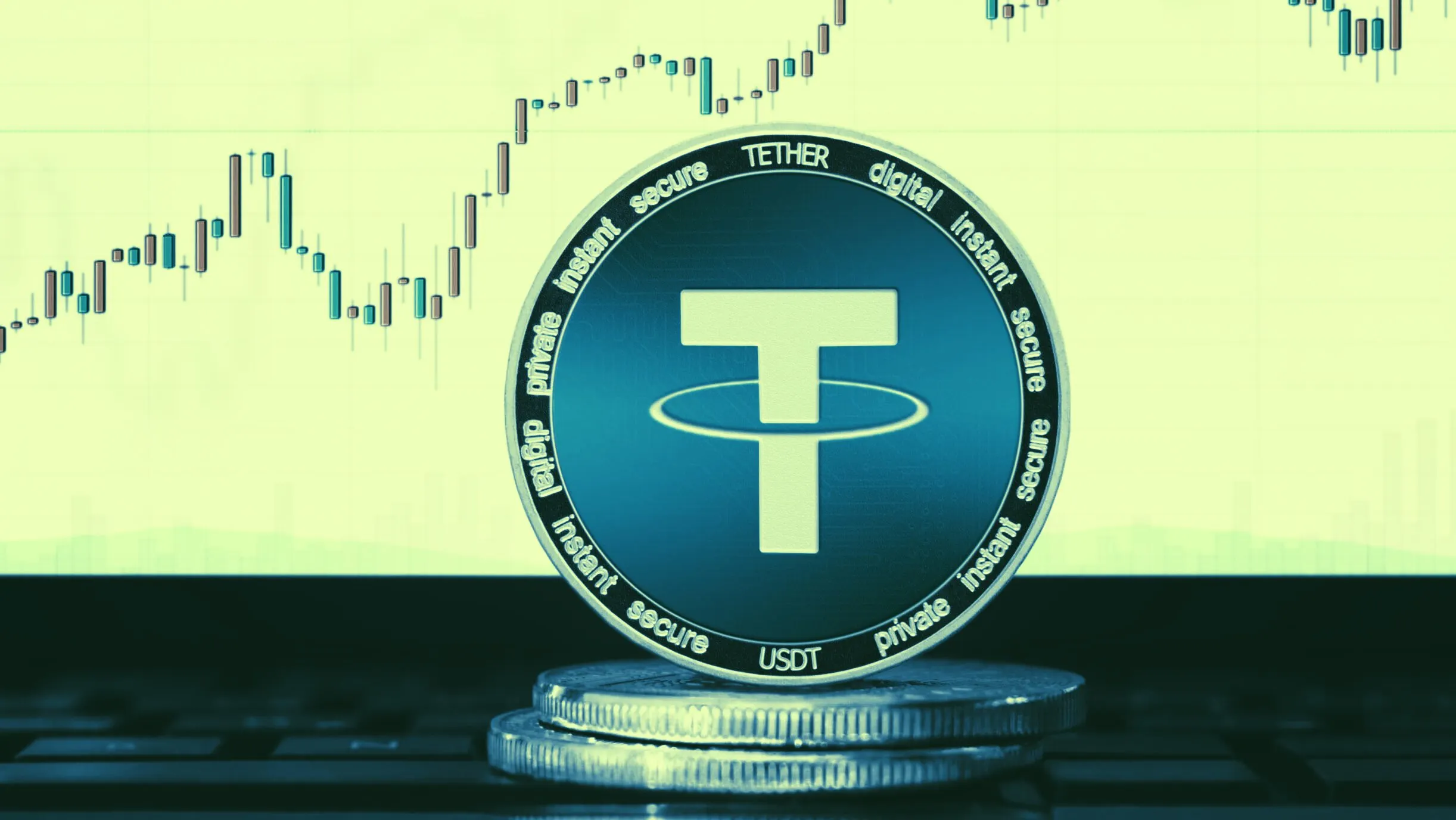The United States Senate Banking Committee (SBC) has issued a letter to stablecoin issuers concerning their business practices and safeguards. Ron Hammond, the director of government relations at the Blockchain Association, tweeted that issuers who were sent letters include Coinbase, Gemini, Circle, Paxos, TrustToken, Centre, Binance.US, and Tether.
The letter follows up from the recent President’s Working Group report on Financial Markets, in which the SBC claims that stablecoins “present investor risks and raise several market integrity concerns.”
The letter outlined six specific questions that require responses by December 3, 2021.
What were those questions?
First and foremost, the SBC has asked issuers to “describe the basic purchase, exchange, or minting processes[es] for U.S. dollars.”
Second, the letter requests a detailed explanation of how individuals can redeem the stablecoin and receive U.S. dollars.
Third, the SBC is asking issuers to outline—since inception—how many tokens have been issued, and how many have been redeemed. This is followed up by a fourth question that can be described as a “stress test” query.
“Briefly characterize the market or operational conditions that would prevent the purchase, or redemption, or [stablecoin token] for U.S. dollars, or another digital asset,” the SBC asked.
Fifth, issuers have been asked to identify any trading platforms that have “enhanced capabilities, privileges, or special arrangements” with respect to the issued stablecoin.
Lastly, the SBC has asked the stablecoin issuer to summarize any internal reviews that may have been conducted about “how specific levels of redemptions would affect [the stablecoin], including its convertibility into U.S. dollars.”
Stablecoin regulation
The SBC letter is the latest in a long line of regulatory pivots to the stablecoin industry.
U.S. Treasury Secretary, Janet Yellen, urged earlier this year that financial regulators have to “act quickly” on stablecoins.
Earlier this month, the Federal Reserve, the Federal Deposit Insurance Corporation, and the Comptroller of the Currency finished several “policy sprints” that prepared stablecoin regulations.
In a joint statement, the three organizations set an agenda for 2022 that addressed stablecoin issuance by banks and other financial institutions.

